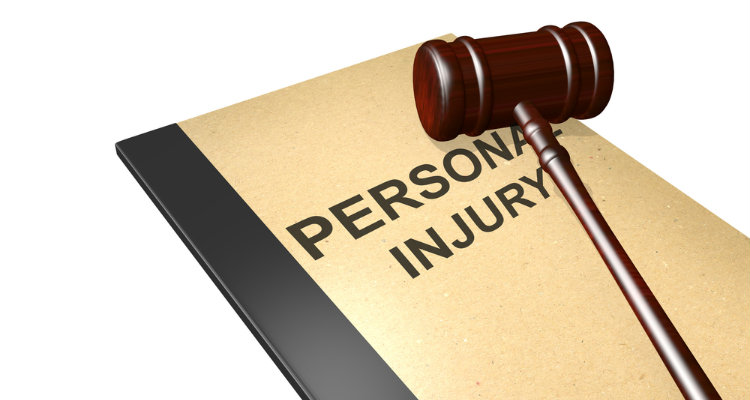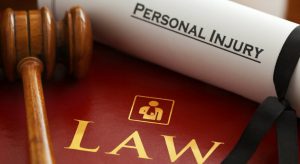
Personal injury law enables a person to go to civil court and receive compensation (or be “made whole”) after suffering injuries due to someone else’s negligence. Personal injury lawsuits are legal claims that can recover financial compensation for your injury-related expenses. This post covers some of the basics of personal injury lawsuits.
When you have questions, our knowledgeable staff is available at (877) 284-6600.
A personal injury is an injury to one’s body, mind, or emotions—not to one’s property. Personal injury cases arise when one person suffers an injury for which someone else may be legally responsible, typically due to negligence.
Common personal injury accidents include (but aren’t limited to):
Negligence occurs when one person or entity fails to meet a legal duty of care, causing injury. In a personal injury case, the injured party is the plaintiff, and the negligent party is the defendant.
The plaintiff must prove:
No, not necessarily. A personal injury case starts when a plaintiff files a complaint against another person or entity (i.e., the defendant) claiming they acted carelessly or irresponsibly, which then resulted in injury to you.
Plaintiffs may settle out of court through negotiations, resulting in a written agreement for a monetary payment in exchange for not filing a lawsuit. If no agreement is reached, the case goes to court, but a settlement can be reached anytime before it goes to a jury.
Negligence can cause various injuries, from minor cuts to major injuries like broken bones, head trauma, amputations, burns, and emotional trauma. It can also result in wrongful death. If an accident leads to death, we help pursue a wrongful death settlement to support you and your family.
 Who can be held responsible for a personal injury accident?
Who can be held responsible for a personal injury accident?Determining responsibility can be complex. Other parties might be responsible without your knowledge. Consulting a personal injury attorney can help identify all responsible parties.
Yes. Consulting with an attorney helps you and him understand your claim.
Most attorneys offer free initial consultations and charge on a contingency fee basis, meaning no legal fee unless there is a monetary recovery.
Of course, this will depend on the type of accident, but bring as much information as you possibly can, such as:
Every case is different. Your attorney should be able to give you a general estimate based on how long other similar cases have taken.
If you are ready to speak with an attorney, contact the experienced Kansas City personal injury attorneys at Nash & Franciskato at (877) 284-6600. One of our experienced staff will speak with you personally and will provide you with a free, no-obligation review of your case.
START YOUR FREE CASE REVIEW TODAY
If you would like to receive news and blog updates regularly, sign up to receive our email newsletter. Your email address will only be used to send you our newsletter and respond to inquiries.
Past results afford no guarantee of future results and each case is different and is judged on its own merits. The choice of a lawyer is an important decision and should not be based solely upon advertisements.
Editor’s Note: This post was originally published on December 28, 2016. It was reviewed on October 31, 2023, and again on January 27 2025, and updated for content and accuracy.